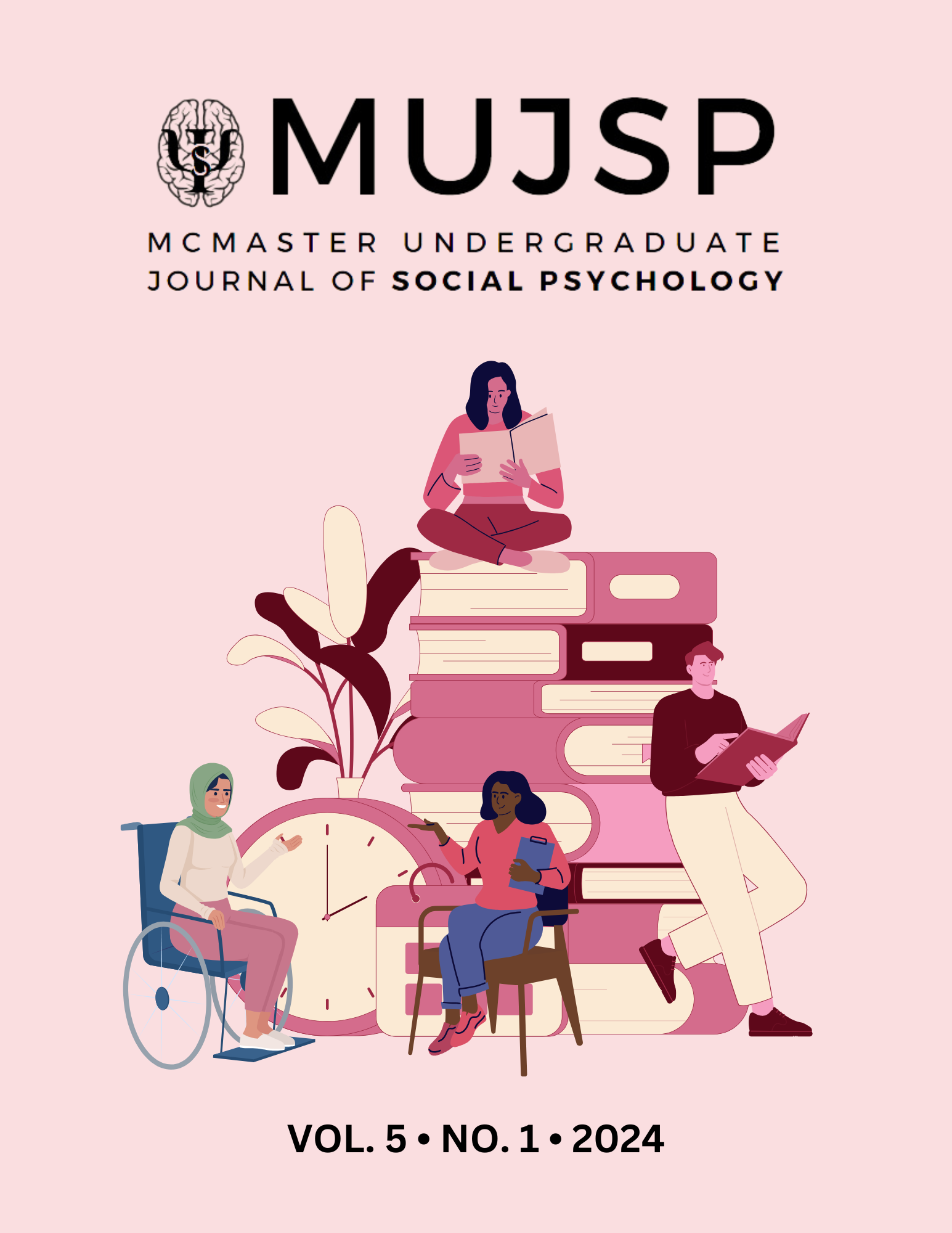Exploring the Connection between Social Integration and Subjective Well-being and the Impact on International Student Identity
Abstract
The present study investigates the relationship between social integration and subjective well-being (SWB) among post-secondary students and whether international students’ experiences concerning said relationship differ from domestic students. Social integration refers to individuals’ degree and number of social interactions, including their level of perceived belongingness and the duration of relationships (Appau et al., 2019). SWB refers to individuals’ level of satisfaction with their lives (Appau et al., 2019). Upon conducting primary research several themes emerged, which informed the development of the present study. Most notably how the relationship between social integration and SWB differs for international versus domestic students. The dominant themes emerging from current literature include social integration’s association with SWB, the identity of an international student and the implications it may bring about cultural differences, and how cultural differences influence coping mechanisms, relationships, and social support systems. Firstly, results from a range of prior studies indicate that social integration is significantly positively associated with higher SWB, whereas a lack of social integration is associated with lower SWB (Awaworyi, Churchill, & Farrell 2017; Hooghe & Vanhoutte 2011; Portela, Neira, & Salinas-Jiménez 2013; as cited in Appau, at al., 2019). Secondly, international students experience social integration differently due to negative stereotypes, cultural differences and language barriers (Mak et al., 2014; Mulyono et al., 2019). Finally, cultural differences exist in international students’ willingness to engage with Western institutional support resources to foster student connections because these resources can be culturally inaccessible (Coskunserce et al., 2023).
The present study focuses on a sample of post-secondary students (N = 36) recruited to participate in a quantitative anonymous online survey about social integration involving closed and open-ended questions, with standardized measures for subjective well-being and satisfaction with life. The standardized scales completed by participants include the Warwick-Edinburgh Mental Well-being Scale (WEMWBS) and the Satisfaction With Life Scale (SWLS) (Diener et al., 1985; Tennant et al., 2006). This study has been reviewed by and received ethics approval from the McMaster Research Ethics Board. We selected three theories that aptly dissect social integration’s association with subjective well-being and offer an explanation as to how being an international student can moderate said relationship. Using Maslow’s (1943) Hierarchy of Needs, Tajfel’s (1979) Social Identity Theory and Goffman’s (1953) Dramaturgy as interpretive theoretical lenses, we connect prominent themes from the literature such as social integration’s association with subjective well-being, as well as cultural differences and coping mechanisms. We hypothesize that H1: International student identity moderates the positive relationship between social integration and SWB, such that international students who report a low social integration are more likely to report lower SWB than domestic students, and H2: International students who have not established social support systems will report greater loneliness and identity conflicts than domestic students due to cultural differences in coping mechanisms. Examining international student identity related to their ability to socially integrate and their SWB may have positive implications for updating institutional systems to help foster relationships with others more effectively. An international student’s identity is a vital aspect of how they socially integrate, which ultimately affects their subjective well-being.


